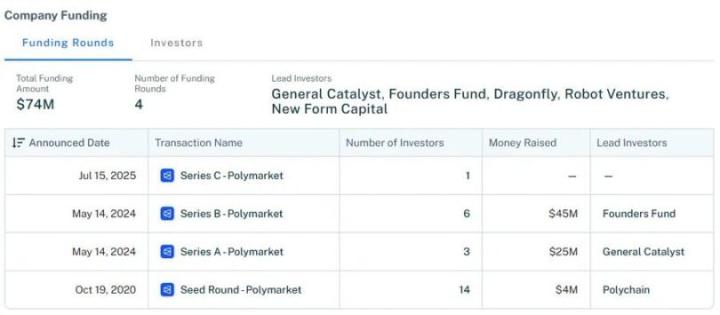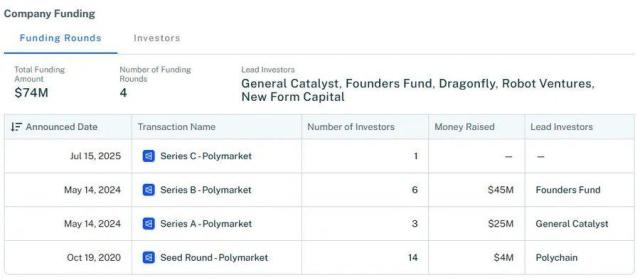Tyler Winklevoss, co-founder of Gemini, has accused JPMorgan and other major banks of attempting to obstruct financial innovation by targeting consumer rights related to data access.
In a post on June 19 on X, Winklevoss warned that Wall Street institutions are actively working to dismantle the "Open Banking Rule" of the Consumer Financial Protection Bureau (CFPB).
JPMorgan Accused of Undermining Open Banking and Crypto Access
The Open Banking Rule, originating from Section 1033 of the Consumer Financial Protection Act, allows consumers to access and share their financial data through third-party applications like Plaid.
However, some large banks are reportedly challenging this rule in court.
Winklevoss believes this legal battle is not just a regulatory dispute. He compares it to an attack on both consumer choice and cryptocurrency progress.
"This will bankrupt fintech companies that help you link your bank account to crypto companies like Gemini, Coinbase, and Kraken so you can easily fund your account with fiat to buy Bitcoin and cryptocurrencies," Winklevoss stated.
He also argued that JPMorgan's move undermines the broader goal of President Donald Trump to make the United States a leader in cryptocurrency and financial innovation.
"Jamie Dimon and his cronies are trying to undermine President Trump's mission to make America the world's innovation and cryptocurrency center. We must fight!" the Gemini co-founder added.
Notably, Winklevoss's concerns have attracted attention from stakeholders in the cryptocurrency field. Pro-crypto legislator US Senator Cynthia Lummis reshared his comment, showing political support.
Meanwhile, Arjun Sethi, Kraken's co-CEO, previously expressed similar concerns, warning that JPMorgan's proposed fees for data access are a strategic power grab, not a technological upgrade.
"This is not a technical innovation. This is a fee. And when data becomes a revenue stream for infrastructure providers, the incentive is to fragment it, lock it up, and sell it for profit. This fundamentally limits what can be built on top of it," Sethi emphasized.
Can Cryptocurrency Solve This Issue?
In his post, Sethi compared JPMorgan's approach to cryptocurrency networks, which he believes reverses the current architecture.
Instead of closed systems, public ledgers provide permissionless access, encrypted identity, and open-source code that can be combined. Smart contracts transparently and equally enforce across the network, making data accessible to all members.
"Access is not a business development negotiation. It is a system attribute. Smart contracts predictably enforce logic across all users. Data lives on a ledger equally available to all members. Protocols can be combined without friction or arbitration. Builders don't need to request access, and users don't need to trust an intermediary to store or issue their information," Sethi said.
However, Sethi warns that cryptocurrency must maintain its founding principles. According to him, if this space recreates the centralized power structures it wants to break, its transformative promise may fade.
With this in mind, he calls on the industry to ensure that regulatory progress does not reflect the limitations it seeks to escape.
"We should not optimize for defensibility through restriction. We should leverage our position and profits to build better access, more open architecture, and more composable systems. That means investing in protocols, not just platforms. It means engaging with shared infrastructure, not just extracting value from it," the Kraken CEO said.








